Donald Trump: From arming Gaza’s genocide to selling peace
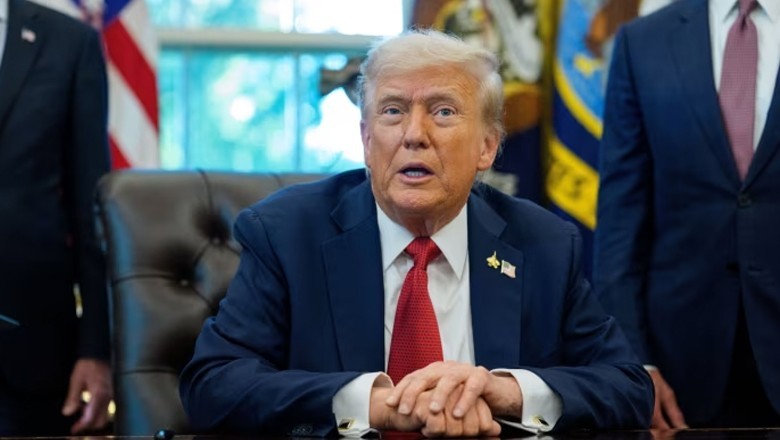
Web Desk
|
7 Oct 2025
Today marks two years since Israel launched its large-scale military assault on Gaza on October 7, 2023. Since then, more than 66,000 Palestinians have been killed, Gaza’s infrastructure has been reduced to rubble, and millions have been displaced.
A United Nations Commission of Inquiry has found Israel guilty of committing genocide in Gaza and urged member states to take action.
US military aid and Trump’s role
One of the key ways in which US President Donald Trump bears responsibility is through continued military support to Israel. The United States has provided Israel with billions of dollars in military assistance, advanced weaponry, and diplomatic protection.
This support has underpinned Israel’s aerial bombardments, ground operations, and siege of Gaza. Analysts argue that such external backing makes the US — and its leadership — complicit when war crimes or human rights violations are committed.
Diplomatic shielding and impunity
Trump and his allies have consistently expressed unwavering support for Israel, often downplaying international criticism and rejecting calls for accountability. In US diplomatic circles, Israeli actions have frequently been shielded from strong condemnation, allowing continued impunity.
Also Read: October 7, 2023: Two years since Gaza genocide, over 65,000 Palestinians killed
When Israel faces investigations at international forums such as the International Criminal Court (ICC) or the United Nations, US officials — including Trump’s political allies — defend Israel’s actions under the claim of “self-defense,” making it difficult for accountability mechanisms to move forward.
Trump’s Gaza plan and its implications
Trump’s proposed 20-point Gaza plan promises ceasefire and reconstruction, but legal experts warn that it violates international law by tying humanitarian aid to Palestinian compliance and denying genuine self-determination. The plan also restricts Palestinians’ ability to pursue legal claims against Israel.
Critics say the proposal maintains Israeli control and shields Israel from deeper accountability, positioning Trump as a key figure in shaping a post-war framework that sidelines Palestinian rights.
As a dominant voice in US politics, Trump’s rhetoric and policies shape congressional decisions, diplomatic postures, and public debate. His strong pro-Israel statements — or conditional criticism — discourage more critical voices within US policymaking from supporting sanctions or investigations.
In essence, Trump’s combination of financial, diplomatic, and political backing for Israel’s war in Gaza reinforces his complicity in enabling actions that many observers and legal experts describe as genocidal.


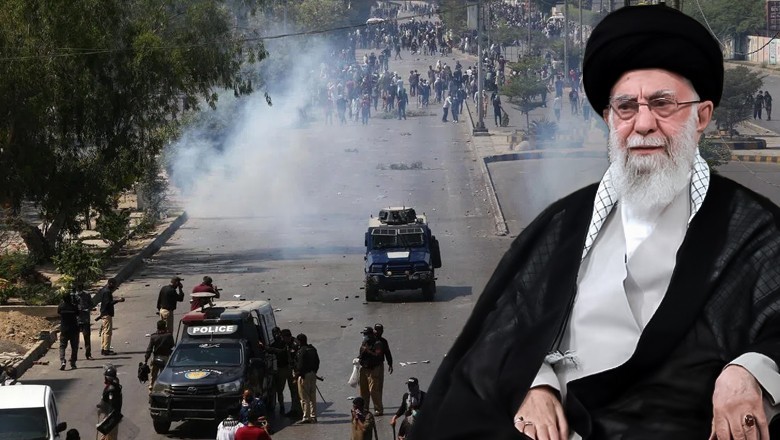

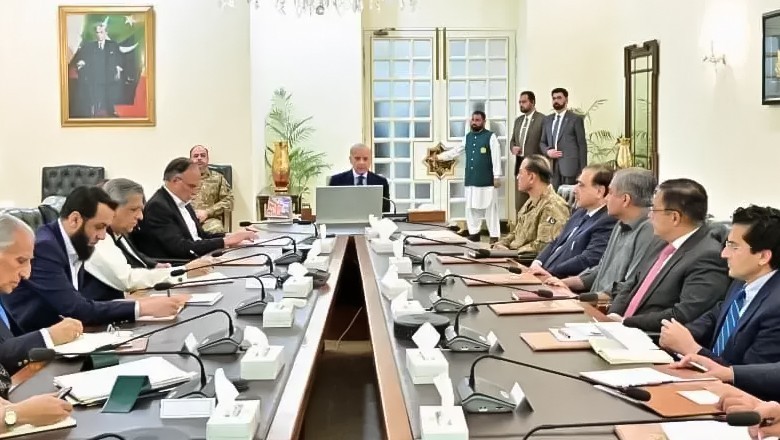
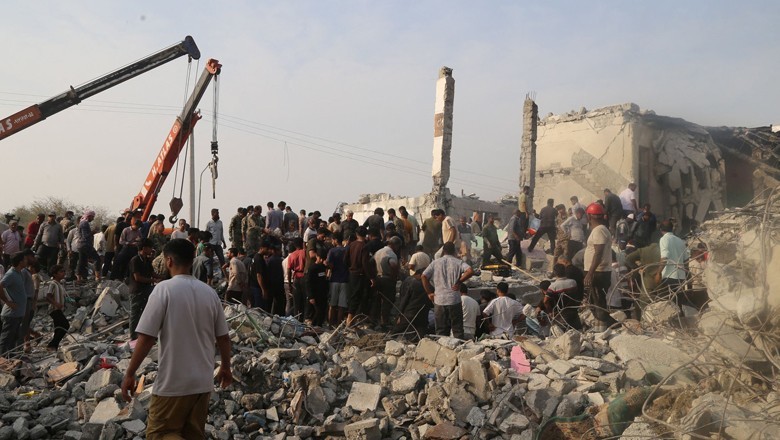

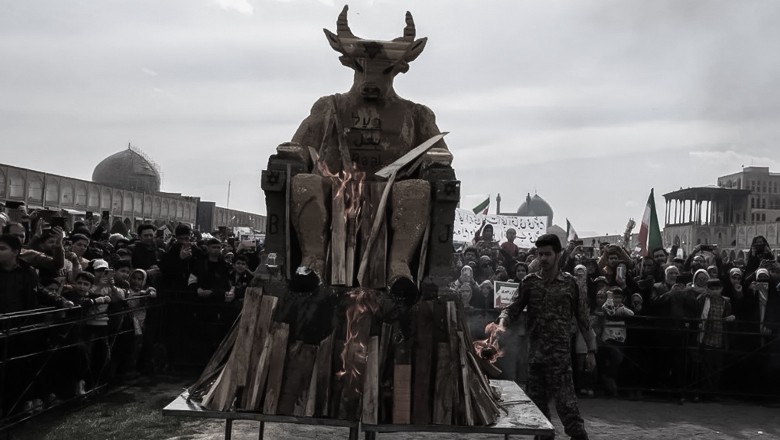


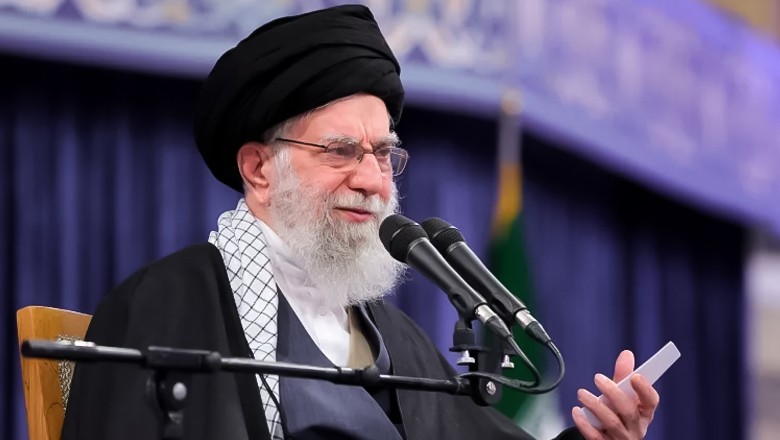

Comments
0 comment